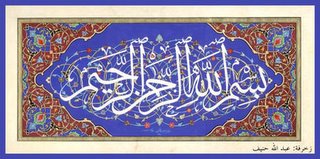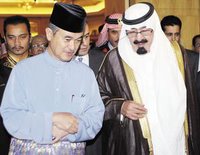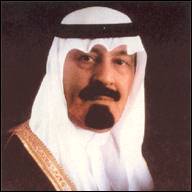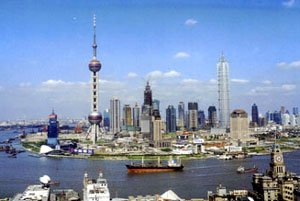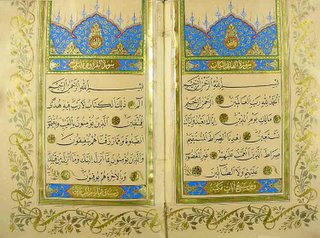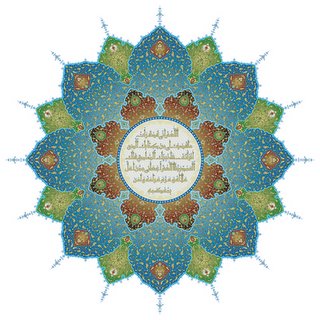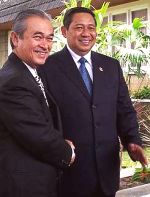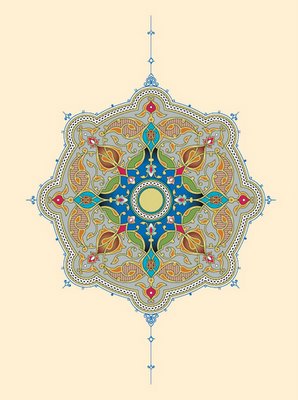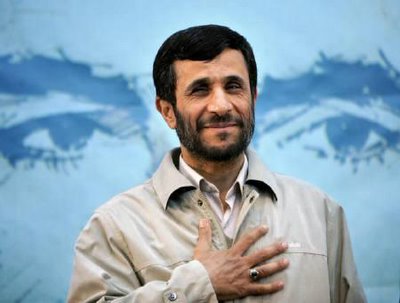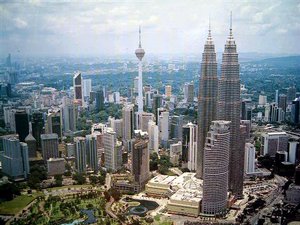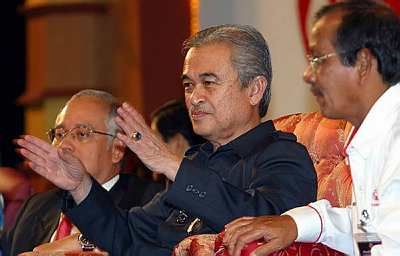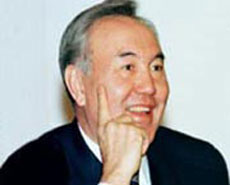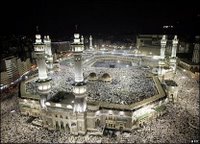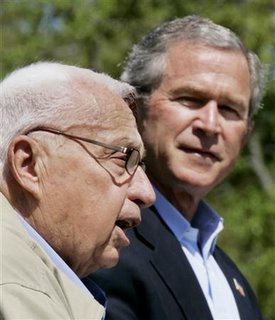
In the Glorious Qur'an, Allah S. W. T says:
Those who believe, and migrate and strive in Allah’s cause, with their goods and their persons, have the highest rank in the sight of Allah: they are indeed the successful people. Their Lord does give them glad tidings of a Mercy from Himself, of His good pleasure, and of Gardens where enduring pleasure will be theirs: They will dwell therein forever. Verily in Allah’s presence is a reward, the greatest [of all]. [Al-Tawbah 9: 20-22]
It is important for us to keep in mind the meaning and significance of Hijrah.
Hijrah was one of the most important events in the history of Islam. It is for this reason `Umar [may Allah be pleased with him] adopted Hijrah date to calculate years. Muslims chose Hijrah as the focal point to reckon their chronology. In physical terms, Hijrah was a journey between two cities about 300 miles apart, but in its grand significance it marked the beginning of an era, a civilization, a culture and a history for the whole mankind. Islam progressed not only from the physical Hijrah, but because Muslims took Hijrah seriously in all its aspects and dimensions.
When the Prophet Mohammad [peace and blessings be upon him] made the Hijrah from Makkah to Madinah, he did not just transfer his residence or took shelter in another city, but as soon as he arrived in Madinah he began the transformation of that city in every aspect.
It is important for us to study and reflect on the things that he did in Madinah. There are many lessons for us in that history and we can learn many things for our life.
1. Masjid [Mosque]: The Prophet [peace and blessings be upon him] first established a Masjid for the worship of Allah. He himself worked in carrying the stones and building that small, humble but most powerful structure. This was the beginning, but soon other Masajid were established in Madinah.
2. Madrasah [Islamic school and educational institution for the community]: The first school under the supervision of the Prophet [peace and blessings be upon him)] was the school of Suffah. Later many other schools were opened. There were nine schools opened in Madinah alone in the time of the Prophet [peace and blessings be upon him].
3. Mu'akhah: He established brotherly relations between the Muhajirun [Muslims who migrated from Makkah] and the Ansar [residents of Madinah who helped the Prophet and his Companions]. Masjid and Madrasah were not enough; what was also important was to have good relations between Muslims. They should have their brotherhood on the basis of faith, not on the basis of tribes as they used to have prior to Islam.
4. Intercommunity and Interfaith Relations: Prophet [peace and blessings be upon him] also established good relations with other communities living in Madinah. There was a large Jewish community as well as some other Arab tribes who had not accepted Islam. The Prophet [peace and blessings be upon him] prepared a Mithaq [a covenant or a constitution] for relations between these communities.
5. Cleaning the City: Yathrib [previous name of Madinah] was a dirty city. When the Sahabah [Prophet's Companions] came from Makkah to Madinah, many of them got sick and did not like that city. The Prophet (peace and blessings be upon him] asked them to clean the city and remove its dirt and filth. `Aishah, may Allah be pleased with her, said: “We came to Madinah and it was the most polluted land of Allah. The water there was most stinking. [Al-Bukhari, 1756]
6. Water System in the City: The Prophet [peace and blessings be upon him] asked the Sahabah to dig wells in different parts of the city. It is mentioned that more than 50 wells were opened in the city of Madinah and there was enough clean water for every one.
7. Agriculture and Gardening: The Prophet [peace and blessings be upon him] encouraged the Sahabah to cultivate the land and make gardens. He told them that any one who would cultivate any dead land, would own it. Many people started working and cultivating and soon there was enough food for every one.
8. Poverty Eradication: In a short period of time it happened that there were no poor people in Madinah. Every one had enough and the Prophet [peace and blessings be upon him] used to give gifts to coming delegations.
9. Safety, Security, Law and Order: Madinah became the safest city in the world. There were very few incidents of theft, rape, drunkenness or murder and they were immediately taken care of.
In short, Hijrah teaches us that wherever Muslims go, they should bring goodness to that land. Muslims should work for both moral and material goodness of the society.
